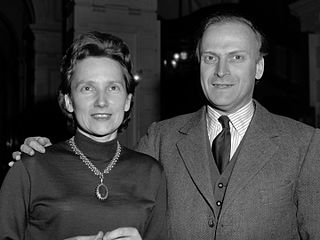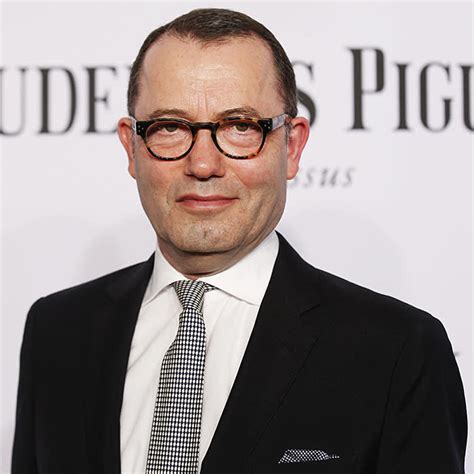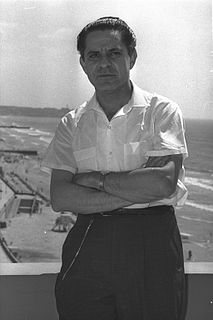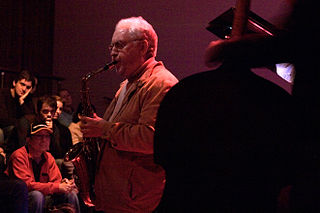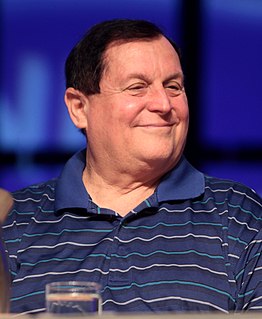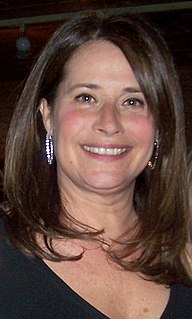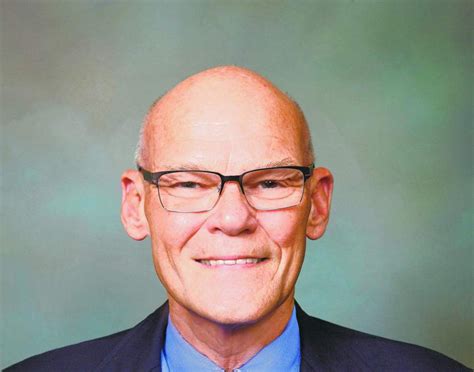A Quote by Colm Toibin
The next time I write a play - in order to get audience trust for a particular sort of tragic line, I'll try to bring the audience a good distance before that. Part of that is allowing comic moments to occur. I had been afraid of that - that once the audience started laughing in the play, they would never stop.
Related Quotes
I never like to play for myself, and that is why I don't own a grand piano. To play for yourself is like looking at yourself in a mirror. I like to practice; that is to work at a task. But to play there must be an audience. New things happen when you play for an audience. You don't know what will occur. You make discoveries with the music, and it is always the first time. It is an exchange, a communion.
Performers should realize they not only have to prepare themselves for concert purposes as far as memorizing their programs goes, but for the business of just walking out before the people …. It is important to play before an imaginary audience too. Before I play in public I very often play a program three or four times as though I were seated before a actual audience.
It's very important that a film that intends to play tricks on the audience... has to play fair with the audience. For me, any time you're going to have a reveal in the film, it's essential that it have been shown to the audience as much as possible. What that means is that some people are going to figure it out very early on. Other people not til the end. Everybody watches the film differently.
We played a show the other week at this festival and it was an audience that I'd never normally play in front of. That's one the greatest things about festivals: you don't always get your audience, you get people who just pop in out of curiosity. The reaction was amazing; there were people dancing, which we've never had, I guess because the message is pretty powerful and the performance is a lot more visceral than it has been previously. The audiences seem to be reacting to that really well and it's a wonderful thing, because at a performance you really bounce off your audience.
Don't let a single comic moment pass you by; then help the audience get the laughs. Give them permission to laugh by holding for laughter and by letting them know early on what they're in for. In the first few moments, the audience is gathering information, looking at the scenery and costumes. Create a comic moment as soon as you can.
I make comedies and I always try... I don't try but I allow to have at least 5% of the jokes or have some jokes that I know will be understood by only about 5% of the audience. It's that guy in the corner who gets it and laughs. But he has to have his jokes too. That's part of my audience. Part of my audience is the people who will only get certain things.

